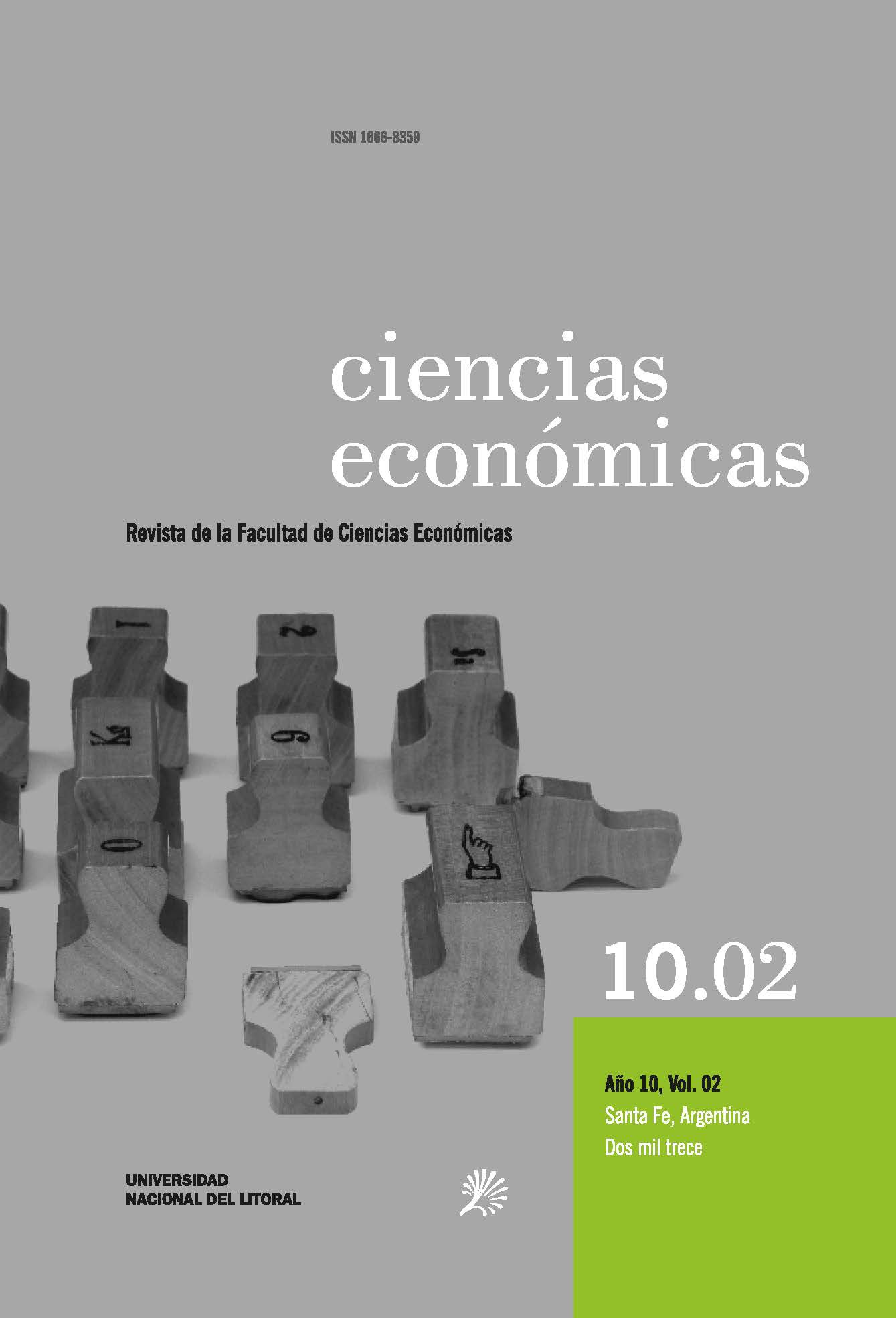Investigación: Horizontes de planificación diferentes. Una discusión necesaria
DOI:
https://doi.org/10.14409/ce.v2i15.4265Keywords:
Decisiones económicas, Ciclo de vida del proyecto, Costo anual equivalenteAbstract
El horizonte de planificación, o ciclo de vida del proyecto, es una importante variable independiente, tanto como la tasa de descuento elegida, usual en todos los métodos de flujo de fondos descontados, siendo su elección fuertemente dependiente del caso específico tratado. La comparación entre inversiones que tienen vidas diferentes es un tema complicado. La mayoría de los métodos hallados en la literatura tienen hipótesis que, o no son totalmente claras, o no guardan el necesario rigor, a causa del problema siempre presente de la consideración de repetitividad. En este trabajo se concluye que el conocido método del beneficio (o costo) anual equivalente es una buena opción, y su defensa se basa en la simplicidad y el uso universal que se le ha dado al mismo. Por otra parte, también, se ha propuesto otra alternativa para llevar adelante esta tarea de decisión, como una contribución más a la cuestión aquí planteada.Published
How to Cite
Issue
Section
License
Content is licensed according to the terms of the international license Creative Commons Atribución-NoComercial-CompartirIgual 4.0 Internacional.

Articles must have unpublished contents and must be complete. Then, they must not have been sent for publication in any other journal.
Authors who submit their works to Revista Ciencias Económicas give up their Author Rights to the journal, from the moment authors receive the written confirmation that their work has been accepted to be published.
Intellectual Property of the published scientific work belongs to the author or authors. There are no restrictions to the author’s copyright.
Accepted papers must be accompanied by an "Authorization to Publish" document signed by the authors, stating the originality of the document and authorizing the Journal to publish the paper.
Authors are responsible for the scientific content and the points of view included in their articles, with which the publishers do not necessarily agree.











